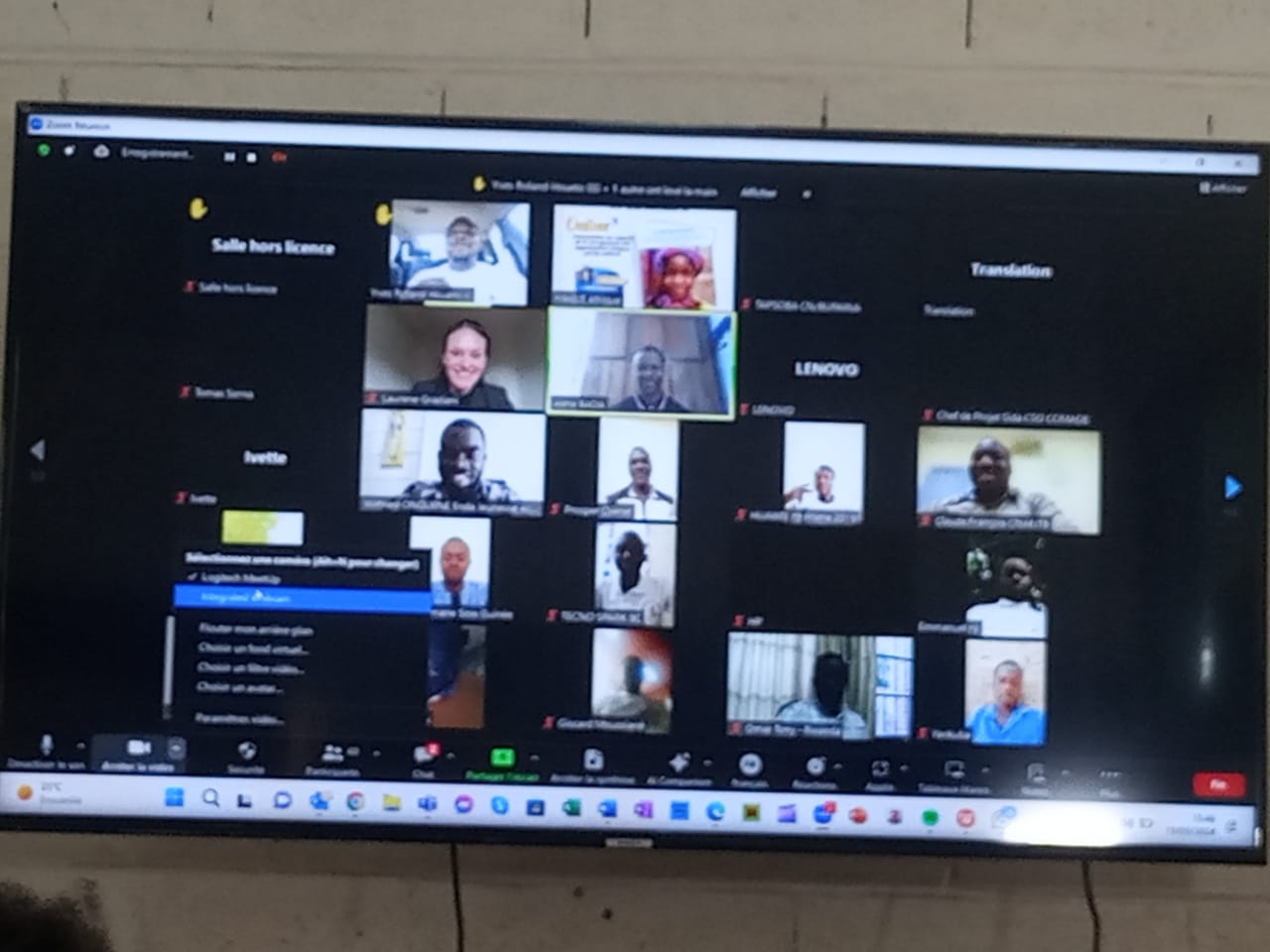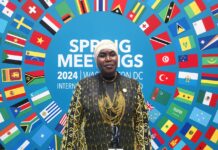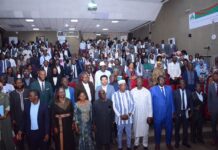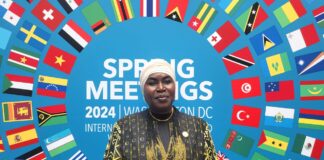By Aicha Dramé
Civil society organizations like those of children see their room for maneuver diminished or even limited. They are facing a shrinking of civic spaces, even though they should have them to play important roles in our societies. It is in this context that, in collaboration with Save the Children and Enda Jeunesse Action, a webinar is organized to present the study report mapping organizations led by children and their involvement in the public decision-making process.
Video: Mouhamed FICOU
The webinar consisted of sharing the results of a mapping of children’s organizations in the ECOWAS area which was initiated by the African Movement of Children and Young Workers (MAEJT) supported by Enda T.M. Jeunesse Action. The results of this mapping which were presented on Wednesday March 13, 2024.
These children’s organizations have a strong need to organize and express themselves, not only to have access to information, dialogue, advocate and influence decisions, but above all to have stronger platforms to make the voices of children heard. children It is in this context that a descriptive mapping of children’s organizations in five West African countries (Burkina Faso, Ivory Coast, Gambia, Mali and Senegal) was carried out.
Funded by Save the Children and benefiting from technical support from Enda Jeunesse Action, MAEJT and Protecknon, this study aims to establish a map of organizations led by children and their implications in public decision-making processes. It was carried out by a group of consultants from Proteknon, with the support of several groups of child researchers. A total of 750 people were consulted and 85 structures involved in the 5 aforementioned countries during this study which was carried out between January and June 2023.
The virtual non-existence of reliable data in West Africa on children’s organizations and their mode of operation motivated a study whose initiators considered it necessary to establish a map in the form of action research. The aim is to shed light on the state of the situation, the main motivations of children and young people as well as their way of functioning. The study also allowed a mapping of the main associations of children and young people, and stakeholders, a synthesis of analyzes and recommendations.
It was carried out in five West African countries: Burkina Faso, Ivory Coast, Gambia, Mali and Senegal. The African Movement of Working Children and Young People (MAEJT) in collaboration with its support structure, Enda Jeunesse Action, and the international organization Save the Children, were at the basis of the presentation of the report on the mapping of organizations led by children and their involvement in the public decision-making process.
“Basically we can realize that children organize themselves to defend their rights to make them known, raise a lot of awareness but also do a lot of in-depth advocacy so that ultimately decisions in their favor are taken by the authorities who must take them,” indicates M Aimé Bada. The regional coordinator of Enda Jeunesse Action said that it is about helping children to better organize themselves so that the authorities take their rights into account. “Even if children organize themselves, the question of participation, which is a principle of the convention on the rights of children, is still ineffective,” he says.
Indeed, the promotion of children’s rights, particularly the right to participation, requires the involvement of everyone for broader awareness of the population. It is in this context that a webinar was held to listen to children on the strengths and weaknesses of their involvement in decision-making processes, but also to address certain aspects of the theme.
For Delphine Mendy, MAEJT coordinator in Senegal, this is work carried out by children on the ground. This has made it possible to understand the different problems. Through this mapping, children’s organizations can work in synergy to better resolve the issue of children’s rights Indeed, she says, even if children often give their opinions, they are never at the decision-making table.
Beyond the child’s perception, cultural barriers constitute primary obstacles to children’s participation. According to some beliefs, the child is immature. He is seen as a passive, vulnerable being, requiring the protection of adults and cannot decide. Hence the difficulty in making effective participation in our societies.
Thus, the coordinator of the African Movement of Children and Young Workers (Maejt) of Senegal, Miss Delphine Mendy, arranged for the webinar to take place on Wednesday March 13, 2024 to present the report on the mapping of organizations which was led by the children. « During this webinar we can simply remember that the children have done a good job by going to see the organizations which are on the ground and which work on child protection », she underlined.
Ms. Mendy also spoke of the difficulties that children encounter on the ground in terms of their organizations. Children know their problems better than anyone and need to be involved to better act and interact with protection actors. Especially since participation in decision-making processes aims above all to protect children






